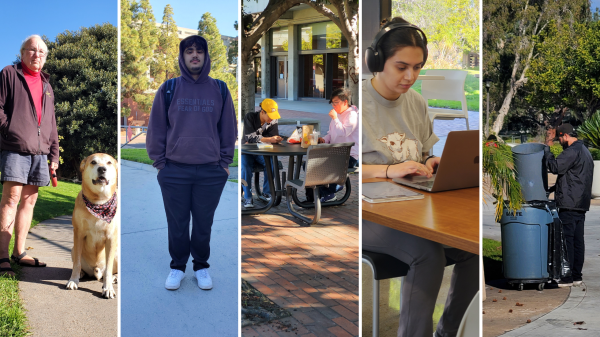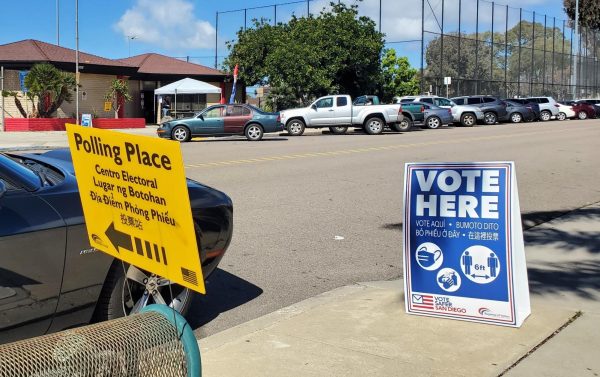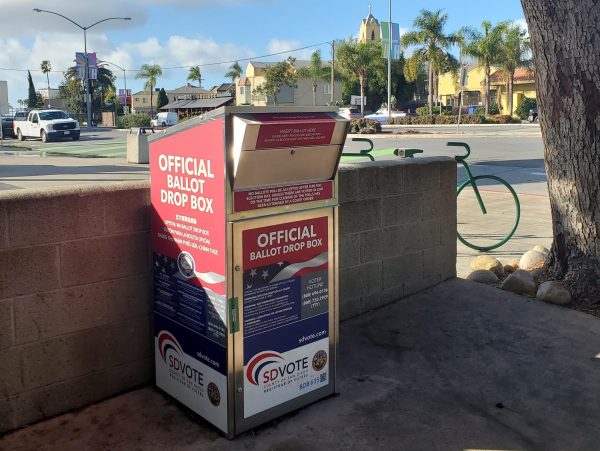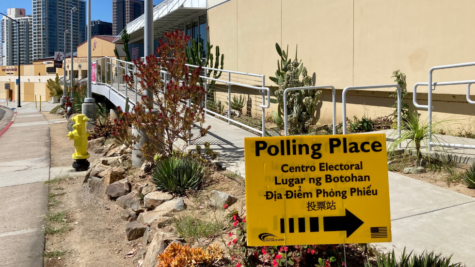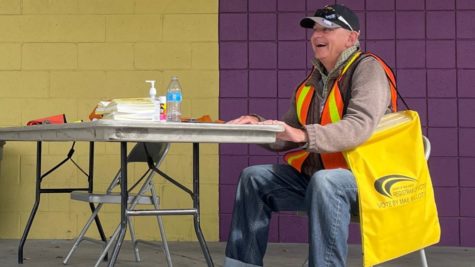Cost of college discussed by state superintendent hopeful
Tony Thurmond spoke in a public forum at UCSD about the rising costs of higher education.
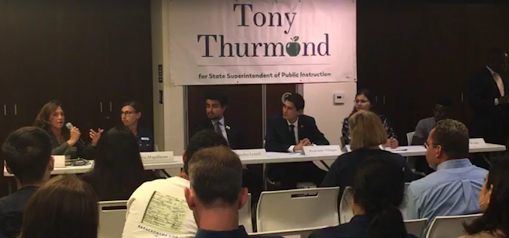
Facebook Live provided an online viewing service for those who wanted to attend the town hall meeting, but couldn’t make it. Facebook screenshot.
October 10, 2018
The rising costs of tuition, housing, food and other expenses for higher education directly affect students in the state of California.
Tony Thurmond, candidate for California state superintendent of public instruction, hosted a town hall meeting on the topic of college affordability at UC San Diego on Oct. 4.
“It’s hard enough to get a higher education and to pay cost (of) tuition,” Thurmond said. “There (are) many students that have been homeless at some point.”
Seven panelists represented student government leaders, committee chairs and basic needs leaders at the University of California, California State University and community college levels.
“There’s a lot more that goes into being a student than just tuition,” said Michael Wiafe, a San Diego State University student government leader. “There (are) the classes you take, the food you need to eat and the places you live in.”
Financial insecurity is a nationwide issue for all students of higher education.
“Fifty percent of students at UC worry about financial insecurity,” said Laurie Owen, assistant vice chancellor of research at UCSD.
Said Alejandro Lomeli, California Student Aid Commission representative: “We’ve heard qualitative data that personalizes the college experience, but there (are) a lot of decision-makers across the state that are reluctant to provide policy changes without any (quantitative) data to back them up.”
Lomeli said that the student aid commission board plans to survey students on the total cost of attending school. The survey would include items like tuition, housing, transportation, clothing, food along with whatever is needed to get an education.
Many universities across the state are impacted. For example, SDSU is an impacted school. The university had approximately 90,000 students apply in 2017, and only approx. 34,000 were accepted.
When students can’t afford to attend, or they aren’t accepted, their options are limited. Community colleges help to provide students with a resource to receive a higher education, but most only offer two-year programs.
Some community college districts across the state are now offering affordable baccalaureate programs that are not offered at a UC or CSU level.
“I think we need more programs like this in the state,” said Patty Mahaffey, UCSD basic needs committee chair. “I feel sometimes we lose students going into a higher education field from high school, but they can be captured in some of these programs.”
The San Diego Community College District currently offers a bachelor’s degree program in health information management at San Diego Mesa College.
“If a single student struggles, is sleeping in their car, or without a meal then we absolutely have to do more to help,” Thurmond said.
City College offers programs that aid students seeking mental health counseling, food, housing and financial insecurity.



